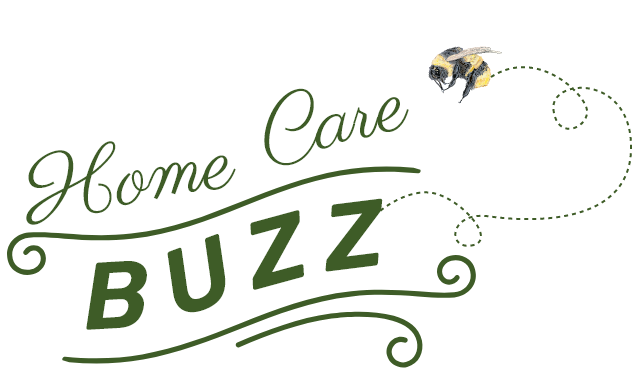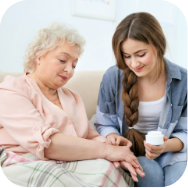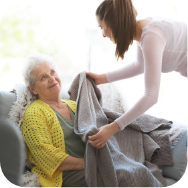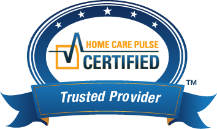Protecting Seniors as Warmer Temperatures Approach

There are myths out there that warm weather is better for people over the age of 65. While moderately warm temperatures tend to be more comfortable for this demographic, extreme heat can be a serious threat to senior citizens.
As Summer temperatures are on the rise, climate experts from the Natural Resource Defense Council (NRDC) cite that over the “past 50 years, the average global temperature has increased at the fastest rate in recorded history.” Further, environmental scientists predict “average U.S. temperatures could increase by up to 10 degrees Fahrenheit over the next century.”
For the senior population this warrants the need for awareness on the dangers of overheating when over the age of 65. According to the Centers for Disease Control and Prevention (CDC) “people aged 65 years or older are less likely to sense and respond to changes in temperature.”
The CDC thus recommends that people who fall into this category take the following precautions as temperatures increase:
- Stay in air-conditioned buildings as much as possible. Contact your local health department or locate an air-conditioned shelter in your area.
- Do not rely on a fan as your primary cooling device during an extreme heat event.
- Drink more water than usual and don’t wait until you’re thirsty to drink.
- Check on a friend or neighbor and have someone do the same for you.
- Don’t use the stove or oven to cook—it will make you and your house hotter.
- Wear loose, lightweight, light-colored clothing.
- Take cool showers or baths to cool down.
- Check the local news for health and safety updates.
Additionally, caregivers are of the upmost importance in helping those who may not be cognizant of climate changes stay cool and healthy. These in-home care providers can proactively monitor water intake, adjust cooling devices or help transport someone to a cooler location like an air-conditioned shelter or a community center and watch for signs of heat exhaustion and stroke. These signs include:
- Heavy Sweating
- Weakness
- Cold, pale, and clammy skin
- Fast, weak pulse
- Nausea or vomiting
- Fainting
- High body temperature (above 103°F)
- Hot, red, dry or moist skin
- Rapid and strong pulse
- Possible unconsciousness
Seniors or their caregivers should always immediately seek medical care if symptoms of heat-related illness appear.
If you are in need of a caregiver this Summer please contact us today for a FREE assesment at:
Telephone: 949-574-0750 or Toll Free: 888-950-0750
For more news and insights, connect with us on Facebook, LinkedIn or Twitter!

























